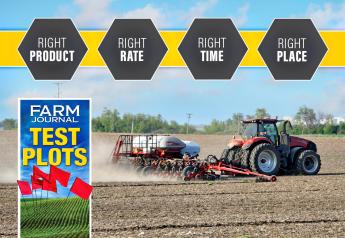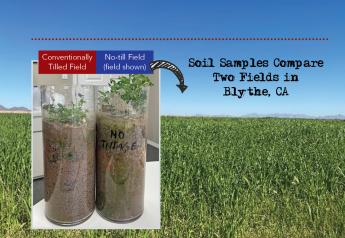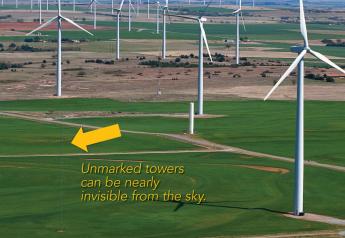Empower, Train and Show Your Employees How to Be Successful
Today’s selling environment can be tough. “When we are in uncertain times, there is great pressure for businesses to reduce costs,” says Linda Sowers, an instructor of ag economics at the University of Missouri.
But, Sowers argues, training in this environment is even more important as it can lead to increased revenues, productivity and employee loyalty. “Training builds confidence,” she says. “When your people are confident, they have better conversations with customers.”
Here are four tactics that you can implement without spending much—if any—training money.
#1
Ensure your sales team knows products in and out.
Customers state that product knowledge for a salesperson is the No. 1 thing that builds trust, Sowers explains.
“Today more than ever, salespeople have to know their products and their competitors’ products,” she says.
This is even more true because of customers’ ability to research online and talk to other farmers. “A salesperson has to be smarter than Google,” she says.
#2
Make follow-up calls, and then make them again.
Most salespeople harvest low-hanging fruit when earning new business and retaining old business, Sowers says.
“We know that 50% of salespeople give up after contact No. 1, 65% give up after No. 2, and 89% have given up by the fourth contact if a person hasn’t made a purchase,” she says. “But 80% of sales require five to 10 follow-up calls.”
#3
Teach your team, especially millennials, about good phone etiquette.
Different generations prefer certain communication styles. Millennials, for instance, may prefer texting, but their customers who are members of Generation X and baby boomers may prefer email or phone calls.
Regardless, in sales you must use the phone. “Around 80% of our customers in ag like to be talked to on the phone,” Sowers says. “Customers want to be responded to on the phone within 24 hours.”
Train team members about what to say during a sales call. “Sit next to them while they are on the phone, listen and give feedback,” she says. “Don’t be critical. Make sure you help them succeed by making them do it.”
#4
Give employees the tools and training, and then hold them accountable.
As a leader, create an environment where employees admit when they need help and aren’t afraid to make a mistake, says Dave Mitchell, founder of The Leadership Difference, a consulting firm based in Walla Walla, Wash.
“The first time that someone shows me that they don’t know how to do something, that is reflective of the leader,” Mitchell says. “So that’s my fault. The second time is our fault, as they share accountability. If there is a skill the employee doesn’t have, he or she needs to tell me.”
The third time an issue arises, Mitchell says it is the employee’s fault. “If you have that model, you don’t fire people—they fire themselves,” he says. “Good leaders always look at what they can do to improve the situation, not just what caused the situation.”







